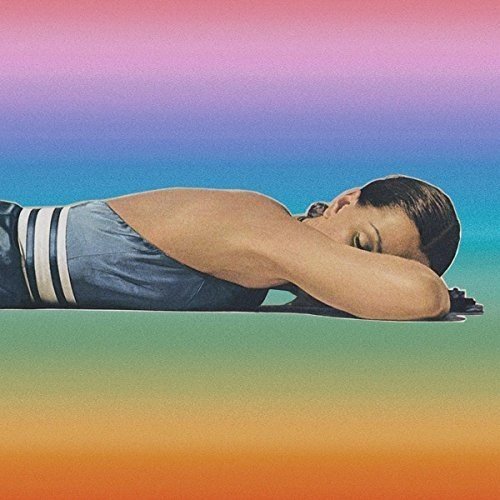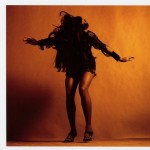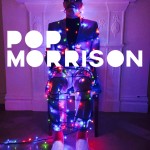Cast your mind back, those of you who are old enough to remember, to the late eighties and early nineties. Now picture, if you will, an awkward, gangly teenager who thought “big fish, little fish, cardboard box” was the epitome of sophisticated dancing. Ninety percent of the time, though, instead of embarrassing himself by attempting to throw shapes in the dark recesses of the local fleapit nightclub, he could be found sprawled on top of his bed sheets late in the evening. Lights would most definitely be out while the huge, cumbersome radio-cum-record player blasted out the so-called “second summer of love” vibes of the likes of early Stone Roses material, as well as Ride and Chapterhouse amongst others.
Yes, you guessed it, that was me. And listening to SULK‘s second album is, for me, a little like regressive psychotherapy. I am instantly transported back to those carefree days (though actually, looking back, I probably cared too much) throughout the 10 tracks ensconced within. Indeed, The Guardian labelled SULK’s music as “like The Stone Roses if they signed to Creation“. If I am totally honest, they pretty much nailed it with those nine words, and it is difficult to envisage anybody, myself included, coming up with a more accurate description.
Opener ‘Black Infinity (Upside Down)‘ begins alarmingly as though it’s going to sound like The Farm‘s ‘Groovy Train‘, but thankfully turns into a far more atmospheric, neo-shoegaze type arrangement, while the sitar-like guitar noises of ‘The Only Faith Is Love‘ and the dreamy soundscape of the title track both wear Ian Brown’s hoodie proudly as a badge of honour. I’d be lying if I said there weren’t other tracks that also sound like the roguish Mancunians were a blueprint, and to be fair, you’d get little argument from me if you insisted that this was the follow-up album that The Stone Roses should have made, but ultimately, it would be an outrageous perversion of justice to label them as merely Madchester copyists. No, these guys have the tunes to back up their ambition; witness the brilliantly moody ‘Past Paradise‘ as a prime example, a song which, at its inception, seems to owe as much to Arthur Lee’s Love as it does to anybody else, and it’s these very subtle nods to the past here and there which ensure that SULK remain fresh, while preventing No Illusions from lapsing into a pastiche like parody of a quarter of a century ago. God, I feel old now.




